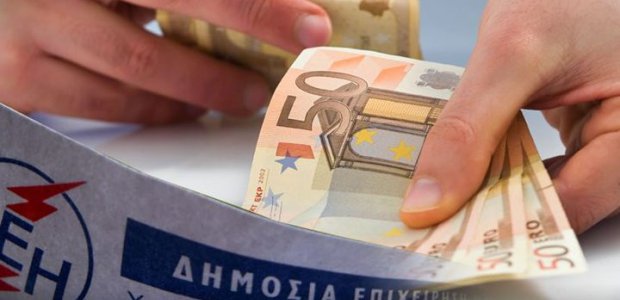Household electricity consumers and other low-voltage categories could face tariff increases of between two and three euros per MWh over the next five-year period to cover older and current Public Service Compensation (YKO) returns to the main power utility PPC as a result of the finance ministry’s hesitation to endorse a plan forwarded by RAE, the Regulatory Authority for Energy, that would transfer coverage of these YKO-related costs to the national budget and, therefore, offer some relief to electricity consumers.
The finance ministry is avoiding offering its endorsement to the RAE plan, fearing a negative response from the country’s lenders and, even more critically, the difficulties involved in finding the equivalent amounts through the national budget.
RAE has proposed limiting PPC’s Public Service Compensation (YKO) retroactive return, covering 2012 to 2014, to 360 million euros, well under the 735 million euros demanded by the utility, and covering the amount through half the special consumption tax (EFK) raked in by the Greek State for petrol used by PPC to operate its costly diesel-fueled power stations on the non-interconnected islands.
RAE’s proposal would require the Greek State to cover the cost of running state-controlled PPC’s high-cost power stations through hefty fuel taxes it imposes. It is estimated that the Greek State collects 180 million euros per year in fuel taxes related to outdated generators being used by PPC on Greece’s non-interconnected islands.
The YKO surcharge added to electricity bills is paid by consumers to primarily subsidize high-cost electricity production on Greece’s non-interconnected islands and also support the Social Residential Tariff (KOT) program offering underpriviledged households subsidies for lower-cost electricity.





